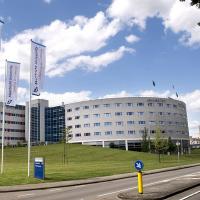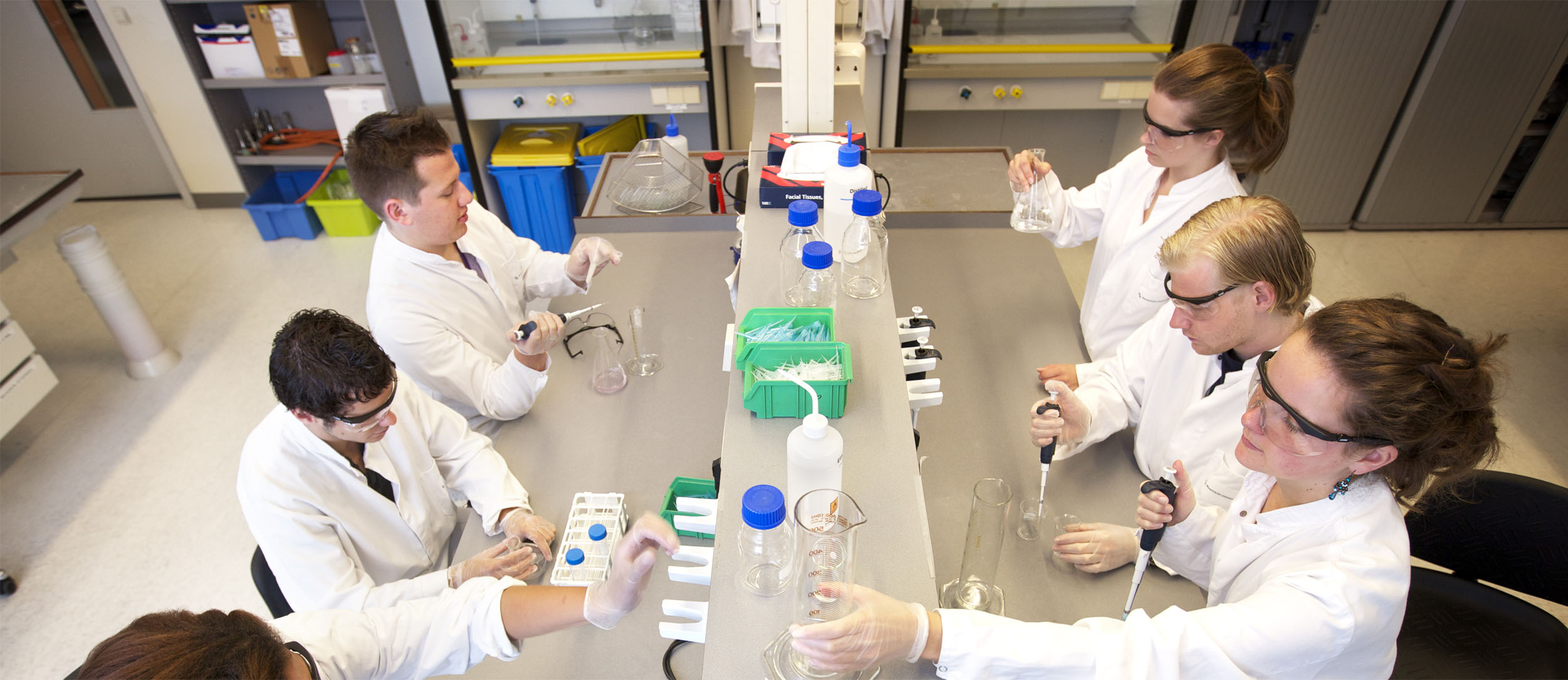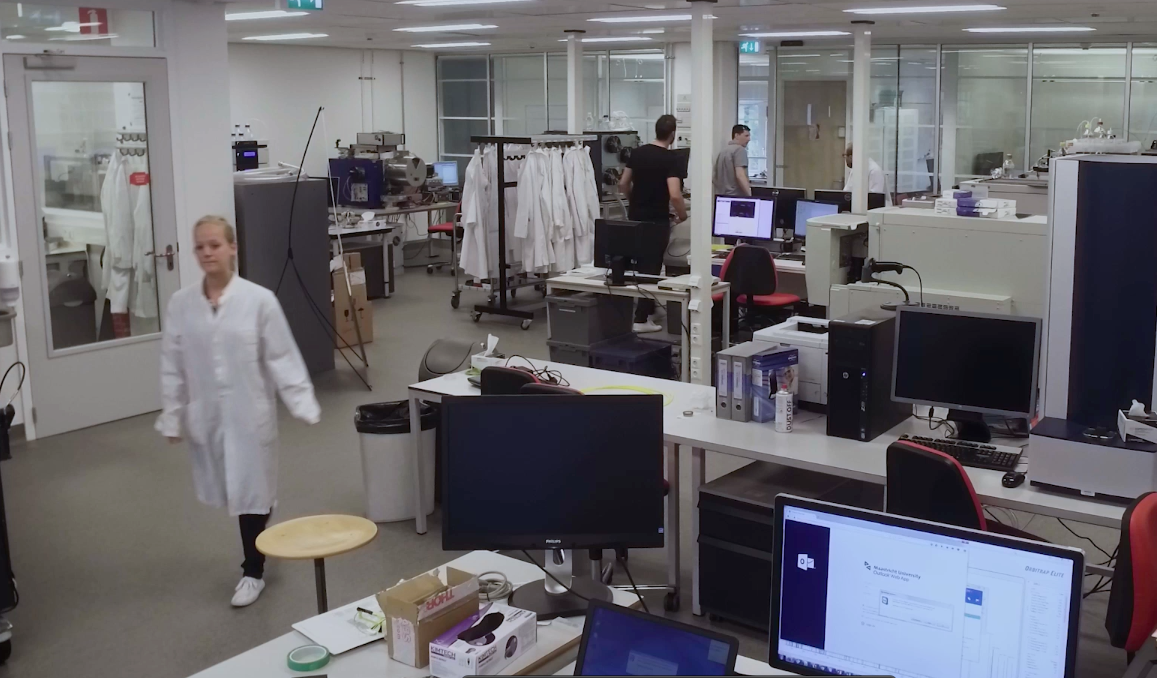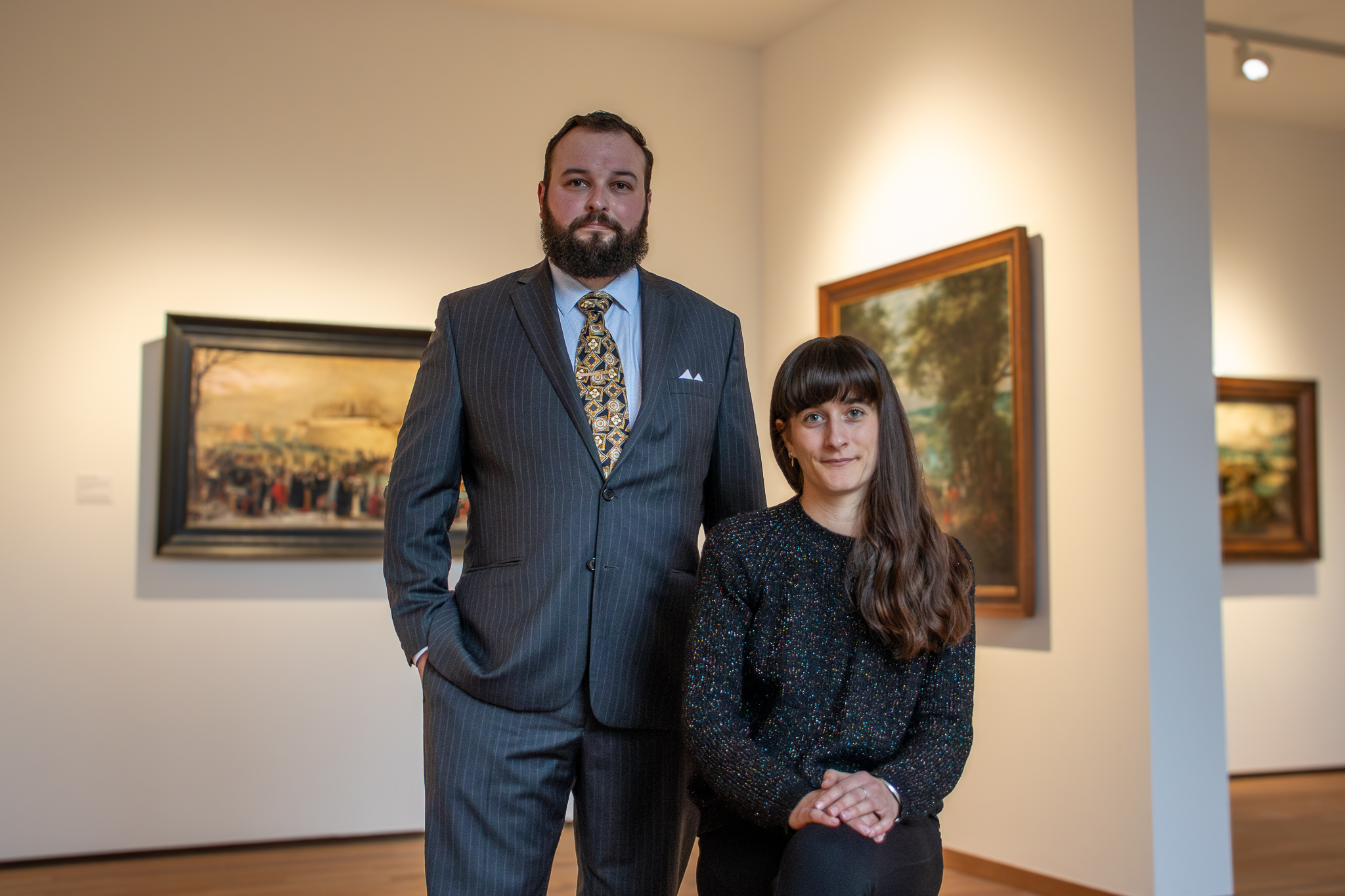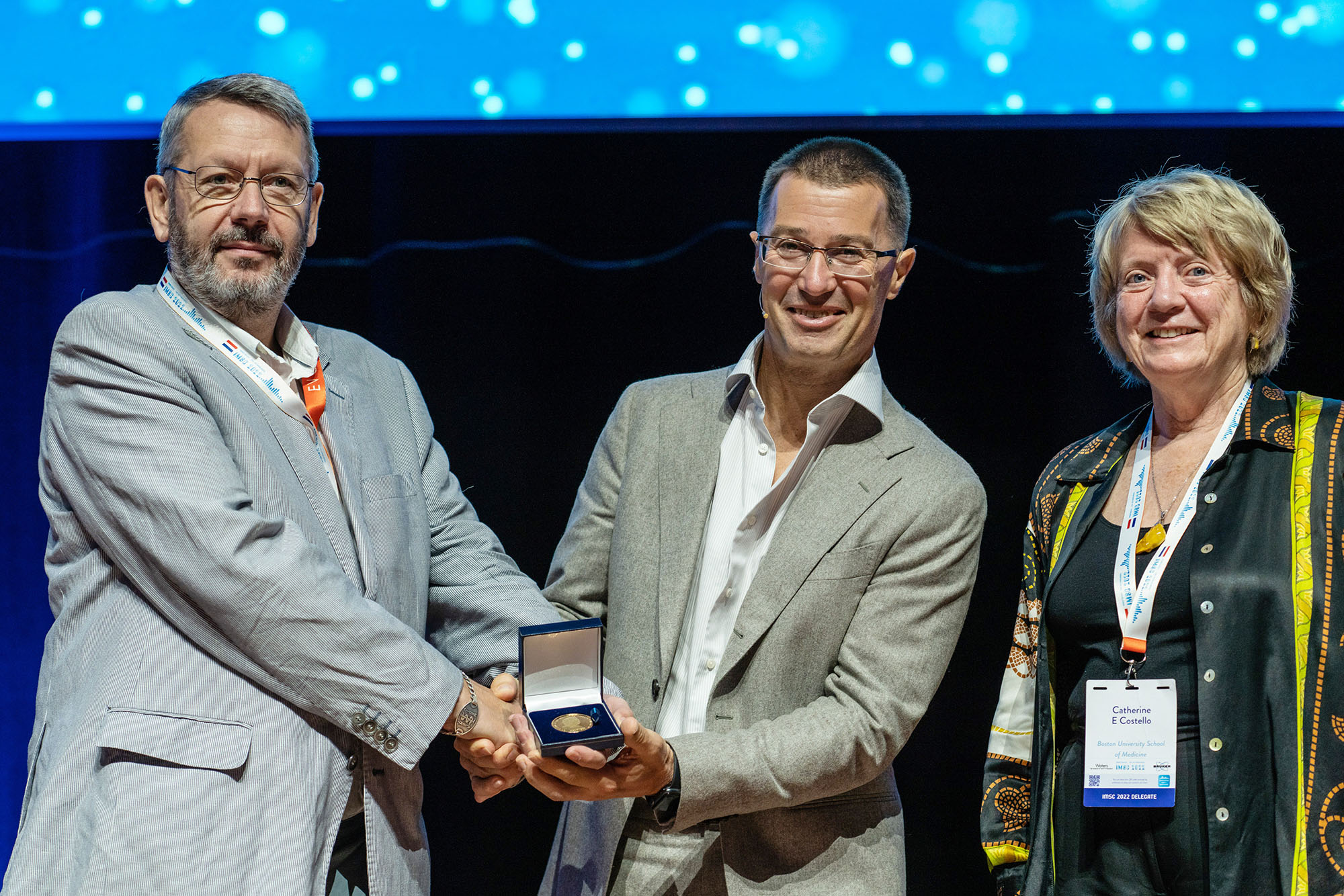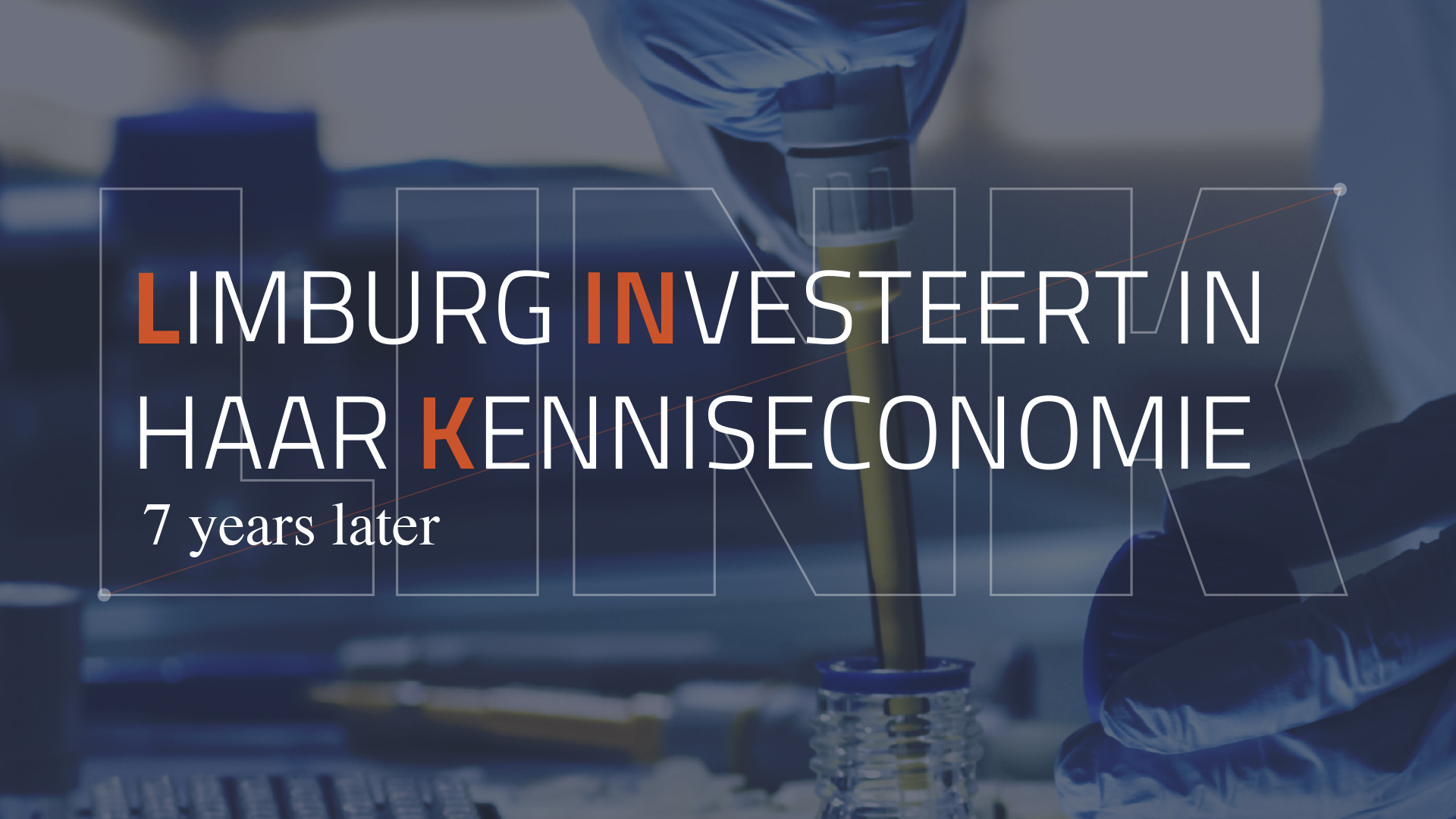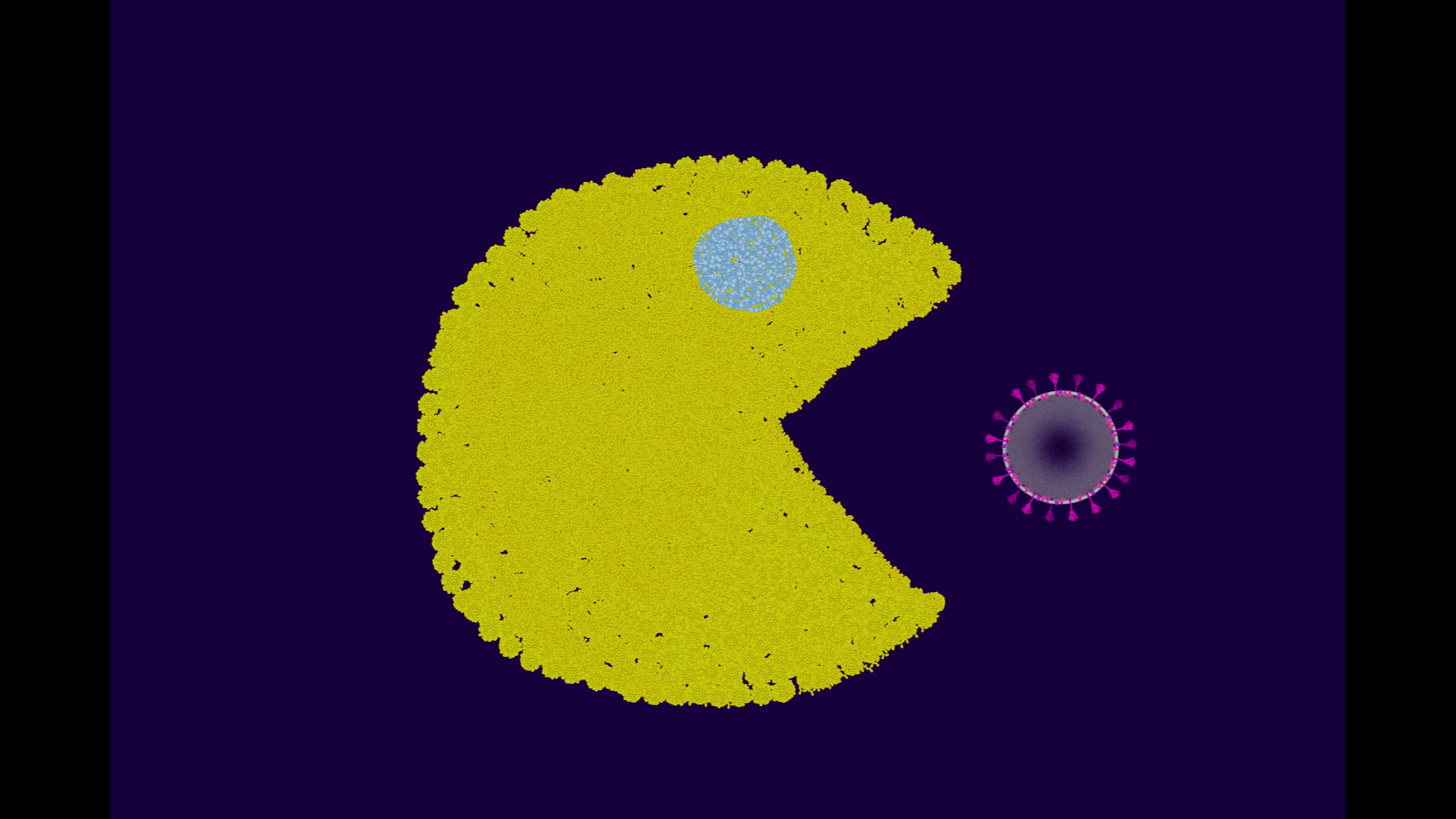M4I Division of Nanoscopy
M4I Division of Nanoscopy strives for greater insight into the 3D form of cell proteins, paving the way for developing more effective treatments for diseases such as cancer and tuberculosis while gaining better understanding of how protein complexes manage healthy and diseased cells, allowing drugs and vaccines to work more effectively.
Fast facts
- investigates cell structures at a macromolecular level
- investigates cell structures at a macromolecular level
Research
The M4I Division of Nanoscopy investigates cell structures at a macromolecular level. Inside cells, proteins work together in complex structures and are responsible for virtually all processes in the human body, including diseases such as cancer. To understand the working mechanisms of protein complexes, three-dimensional imaging of normal and disease-causing protein complexes is essential. This could ultimately lead to more effective treatments, but also to vaccines against diseases such as tuberculosis.
Education
M4I’s scientists are involved in teaching at a bachelor's, master's and PhD level, within the University College Maastricht, the Maastricht Science Programme and various programmes within the Faculty of Health, Medicine and Life Sciences.
New M4I office wing
News
-
Caroline Bouvier wanted to be an illustrator, but ended up in chemistry. She managed to combine both of her passions in her research - creating molecular fingerprints of some of the world’s most valued paintings, including old master art from 15th to 17th centuries. As of October, Caroline is one of...
-
What happens if a SARS-CoV-2 coronavirus enters your lung? This molecular animation visualises how the virus particle can take over the host cell and turns it into a virus factory. Eventually, the host cell produces so many viral particles that it dies and releases numerous new virus particles.
-
Prof. dr. Ron Heeren received the prestigious Thomson Medal for his work in the field of mass spectrometry.
-
DThe multimillion-euro investment in the LINK programme by the Province of Limburg, Maastricht University (UM) and Maastricht UMC+ (MUMC+) has achieved its targets. And the LINK programme is to have a sequel: UM and MUMC+ will be investing eight million euros in MERLN and M4i in the coming years to...
